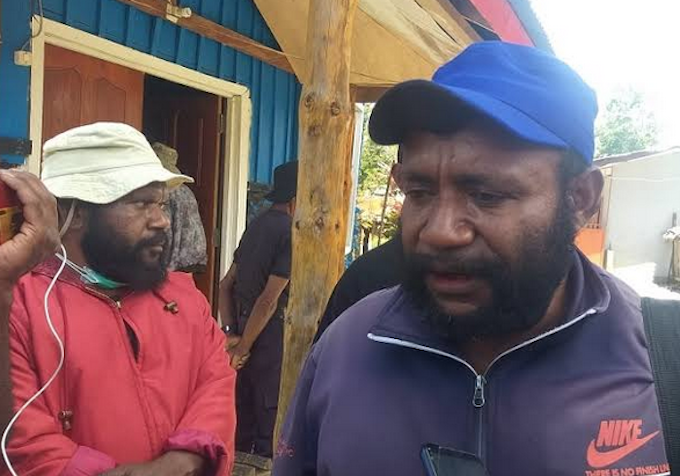 For those wondering what to expect from the government in 2023, it looks like we’re going to be in for more of the same in terms of the government’s brand of madness, mayhem, corruption and brutality.
For those wondering what to expect from the government in 2023, it looks like we’re going to be in for more of the same in terms of the government’s brand of madness, mayhem, corruption and brutality.
Digital prisons. Unceasingly, the government and its corporate partners are pushing for a national digital ID system. Local police agencies have already been given access to facial recognition software and databases containing 20 billion images, the precursor to a digital ID. Eventually, a digital ID will be required to gain access to all aspects of life: government, work, travel, healthcare, financial services, shopping, etc. Before long, biometrics (iris scans, face print, voice, DNA, etc.), will become the de facto digital ID.
Precrime. Under the pretext of helping overwhelmed government agencies work more efficiently, AI predictive and surveillance technologies are being used to classify, segregate and flag the populace with little concern for privacy rights or due process. All of this sorting, sifting and calculating is being done swiftly, secretly and incessantly with the help of AI technology and a surveillance state that monitors your every move. AI predictive tools are being deployed in almost every area of life.
Mandatory quarantines. Building on precedents established during the COVID-19 pandemic, government agents may be empowered to indefinitely detain anyone they suspect of posing a medical risk to others without providing an explanation, subject them to medical tests without their consent, and carry out such detentions and quarantines without any kind of due process or judicial review.
Mental health assessments by non-medical personnel. As a result of a nationwide push to train a broad spectrum of so-called gatekeepers in mental health first-aid training, more Americans are going to run the risk of being reported by non-medical personnel and detained for having mental health issues.
Tracking chips for citizens. Momentum is building for corporations and the government alike to be able to track the populace, whether through the use of RFID chips embedded in a national ID card, microscopic chips embedded in one’s skin, or tags in retail products.
Military involvement domestically. The future, according to a Pentagon training video, will be militaristic, dystopian and far from friendly to freedom. Indeed, all signs point to the battlefield of the future being the American home front. Anticipating this, the government plans to have the military work in conjunction with local police to quell civil unrest domestically.
Government censorship of anything it classifies as disinformation. In the government’s ongoing assault on those who criticize the government—whether that criticism manifests itself in word, deed or thought—government and corporate censors claiming to protect us from dangerous, disinformation campaigns are, in fact, laying the groundwork now to preempt any “dangerous” ideas that might challenge the power elite’s stranglehold over our lives.
Threat assessments. The government has a growing list—shared with fusion centers and law enforcement agencies—of ideologies, behaviors, affiliations and other characteristics that could flag someone as suspicious and result in their being labeled potential enemies of the state. Before long, every household in America will be flagged as a threat and assigned a threat score. It’s just a matter of time before you find yourself wrongly accused, investigated and confronted by police based on a data-driven algorithm or risk assessment culled together by a computer program run by artificial intelligence.
War on cash. The government and its corporate partners are engaged in a concerted campaign to shift consumers towards a digital mode of commerce that can easily be monitored, tracked, tabulated, mined for data, hacked, hijacked and confiscated when convenient. This push for a digital currency dovetails with the government’s war on cash, which it has been subtly waging for some time now. In recent years, just the mere possession of significant amounts of cash could implicate you in suspicious activity and label you a criminal.
Expansive surveillance. AI surveillance harnesses the power of artificial intelligence and widespread surveillance technology to do what the police state lacks the manpower and resources to do efficiently or effectively: be everywhere, watch everyone and everything, monitor, identify, catalogue, cross-check, cross-reference, and collude. Everything that was once private is now up for grabs to the right buyer. With every new AI surveillance technology that is adopted and deployed without any regard for privacy, Fourth Amendment rights and due process, the rights of the citizenry are being marginalized, undermined and eviscerated.
Militarized police. Having transformed local law enforcement into extensions of the military, the Department of Homeland Security, the Justice Department and the FBI are moving into the next phase of the transformation, turning the nation’s police officers into techno-warriors, complete with iris scanners, body scanners, thermal imaging Doppler radar devices, facial recognition programs, license plate readers, cell phone extraction software, Stingray devices and so much more.
Police shootings of unarmed citizens. Owing in large part to the militarization of local law enforcement agencies, not a week goes by without more reports of hair-raising incidents by police imbued with a take-no-prisoners attitude and a battlefield approach to the communities in which they serve. Police brutality and the use of excessive force continues unabated.
False flags and terrorist attacks. Almost every tyranny being perpetrated by the U.S. government against the citizenry—purportedly to keep us safe and the nation secure—has come about as a result of some threat manufactured in one way or another by our own government. This has become the shadow government’s modus operandi regardless of which party is in power: the government creates a menace—knowing full well the ramifications such a danger might pose to the public—then without ever owning up to the part it played in unleashing that particular menace on an unsuspecting populace, it demands additional powers in order to protect “we the people” from the threat.
Endless wars to keep America’s military’s empire employed. The military and security industrial complexes that have advocated that the U.S. remain at war, year after year, are the very entities that will continue to profit the most from America’s expanding military empire abroad and here at home.
Erosions of private property. Private property means little at a time when SWAT teams and other government agents can invade your home, break down your doors, kill your dog, wound or kill you, damage your furnishings and terrorize your family. Likewise, if government officials can fine and arrest you for growing vegetables in your front yard, praying with friends in your living room, installing solar panels on your roof, and raising chickens in your backyard, you’re no longer the owner of your property.
Overcriminalization. The government has increasingly adopted the authoritarian notion that it knows best and therefore must control, regulate and dictate almost everything about the citizenry’s public, private and professional lives. Overregulation and overcriminalization have been pushed to such outrageous limits that federal and state governments now require on penalty of a fine that individuals apply for permission before they can grow exotic orchids, host elaborate dinner parties, gather friends in one’s home for Bible studies, give coffee to the homeless, let their kids manage a lemonade stand, keep chickens as pets, or braid someone’s hair.
Strip searches and the denigration of bodily integrity. Court rulings undermining the Fourth Amendment and justifying invasive strip searches have left us powerless against police empowered to forcefully draw our blood, forcibly take our DNA, strip search us, and probe us intimately. Individuals—men and women alike—continue to be subjected to what is essentially government-sanctioned rape by police in the course of “routine” traffic stops.
Censorship. First Amendment activities are being pummeled, punched, kicked, choked, chained and generally gagged all across the country. Free speech zones, bubble zones, trespass zones, anti-bullying legislation, zero tolerance policies, hate crime laws and a host of other legalistic maladies dreamed up by politicians and prosecutors have conspired to corrode our core freedoms. The reasons for such censorship vary widely from political correctness, safety concerns and bullying to national security and hate crimes but the end result remains the same: the complete eradication of what Benjamin Franklin referred to as the “principal pillar of a free government.”
Taxation Without Any Real Representation. As a Princeton University survey indicates, our elected officials, especially those in the nation’s capital, represent the interests of the rich and powerful rather than the average citizen. We are no longer a representative republic. With Big Business and Big Government having fused into a corporate state, the president and his state counterparts—the governors—have become little more than CEOs of the Corporate State, which day by day is assuming more government control over our lives. Never before have average Americans had so little say in the workings of their government and even less access to their so-called representatives.
Year after year, the government remains the greatest threat to our freedoms, and yet year after year, “we the people” allow ourselves to be suckered into believing that politics will fix what’s wrong with the country.
Indeed, as I make clear in my book Battlefield America: The War on the American People and in its fictional counterpart The Erik Blair Diaries, this is the very definition of insanity.
The post What to Expect from the Government in 2023? More of the Same first appeared on Dissident Voice.This post was originally published on Dissident Voice.


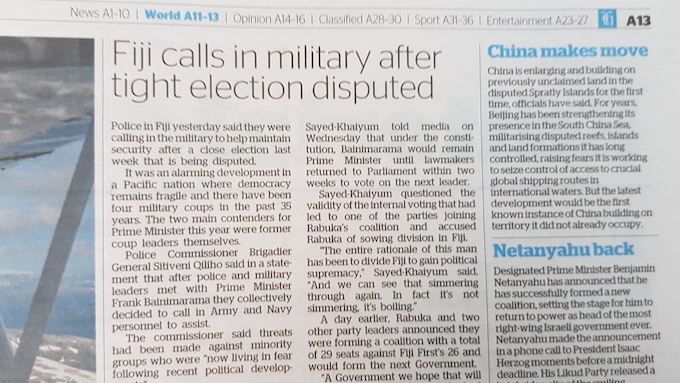

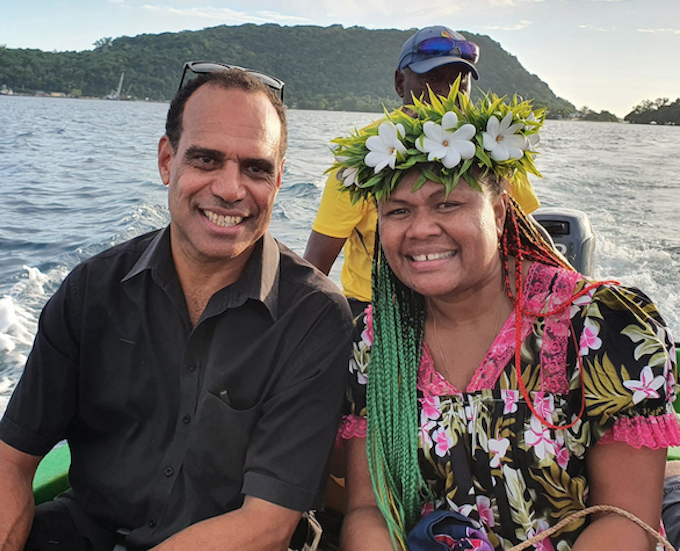
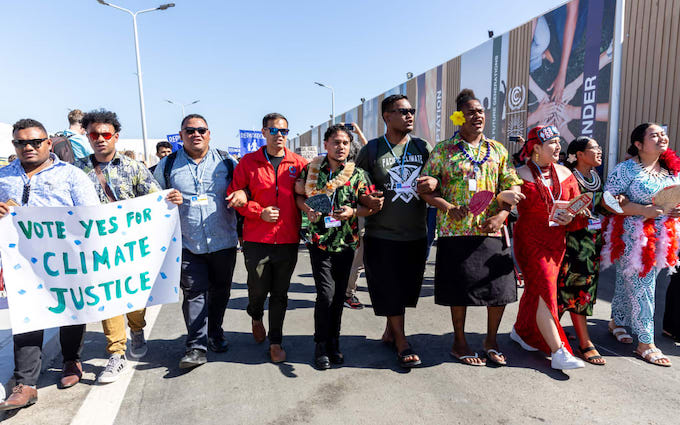
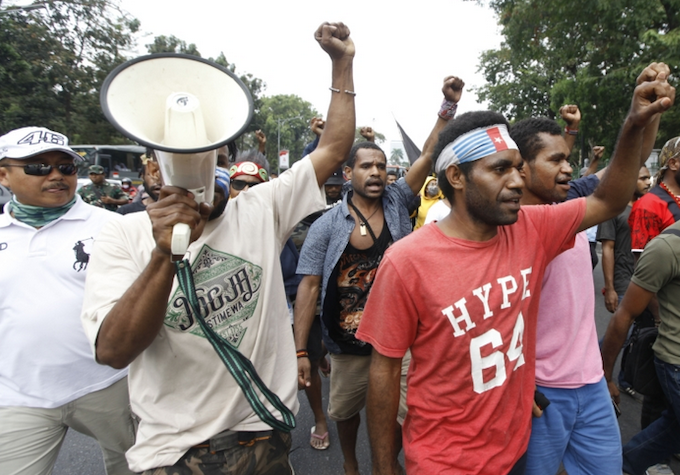
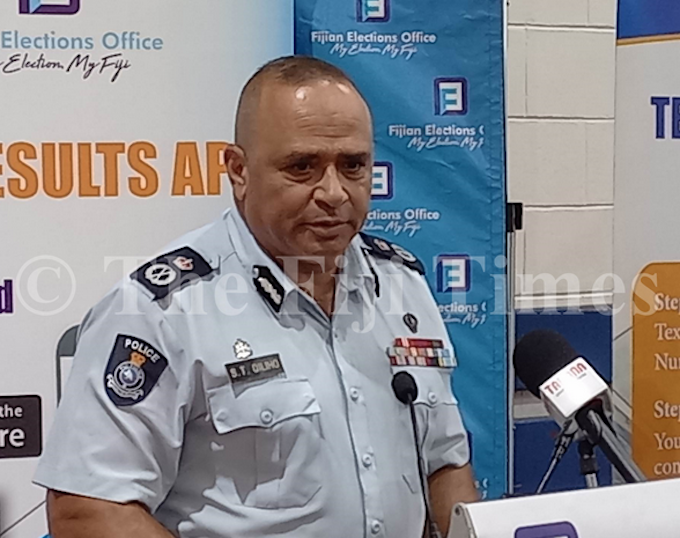
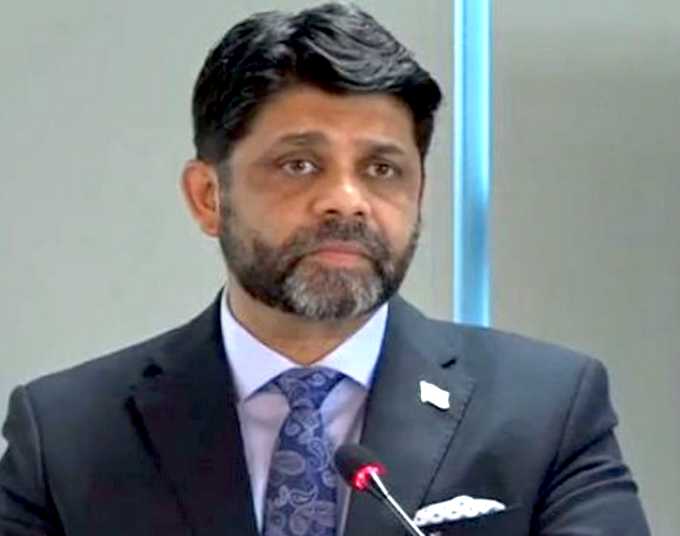
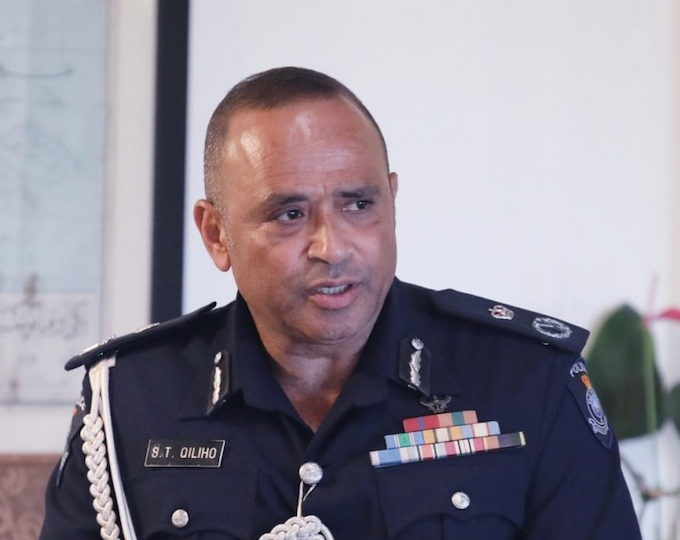
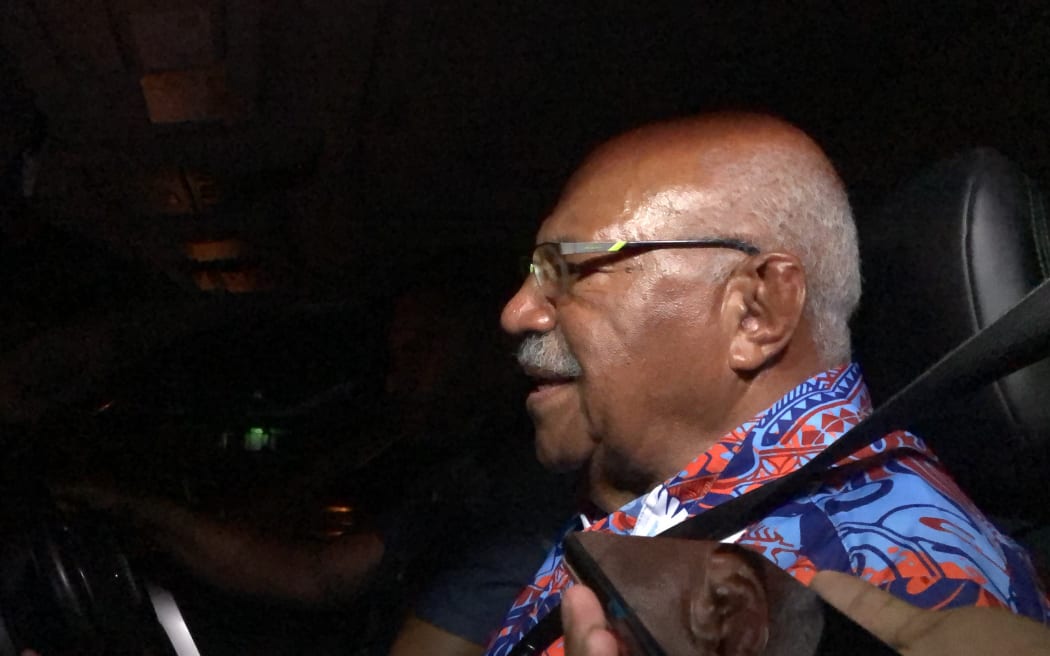

 eine neue Insel der Gastfreundschaft
eine neue Insel der Gastfreundschaft
 (@Gryffix)
(@Gryffix) 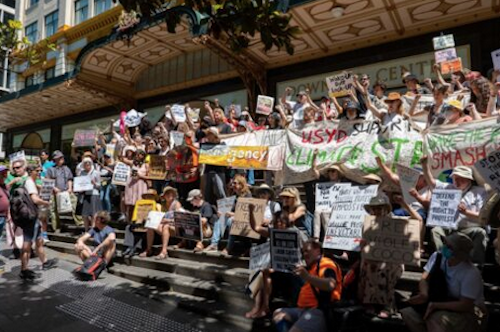
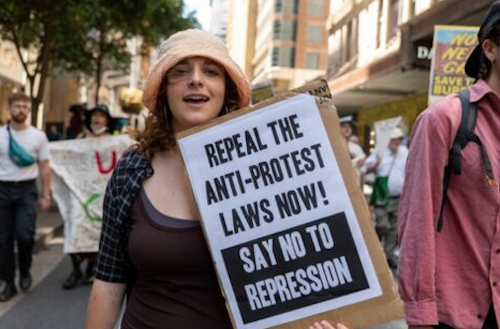
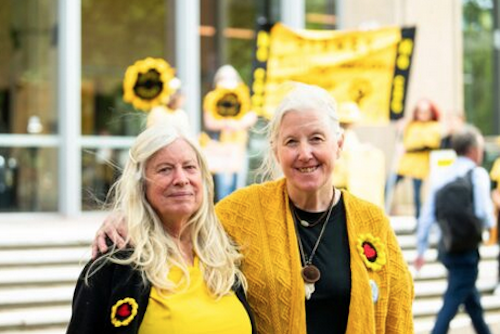


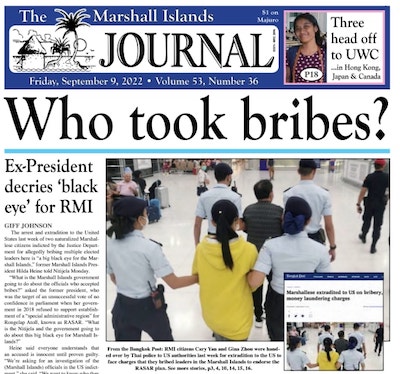



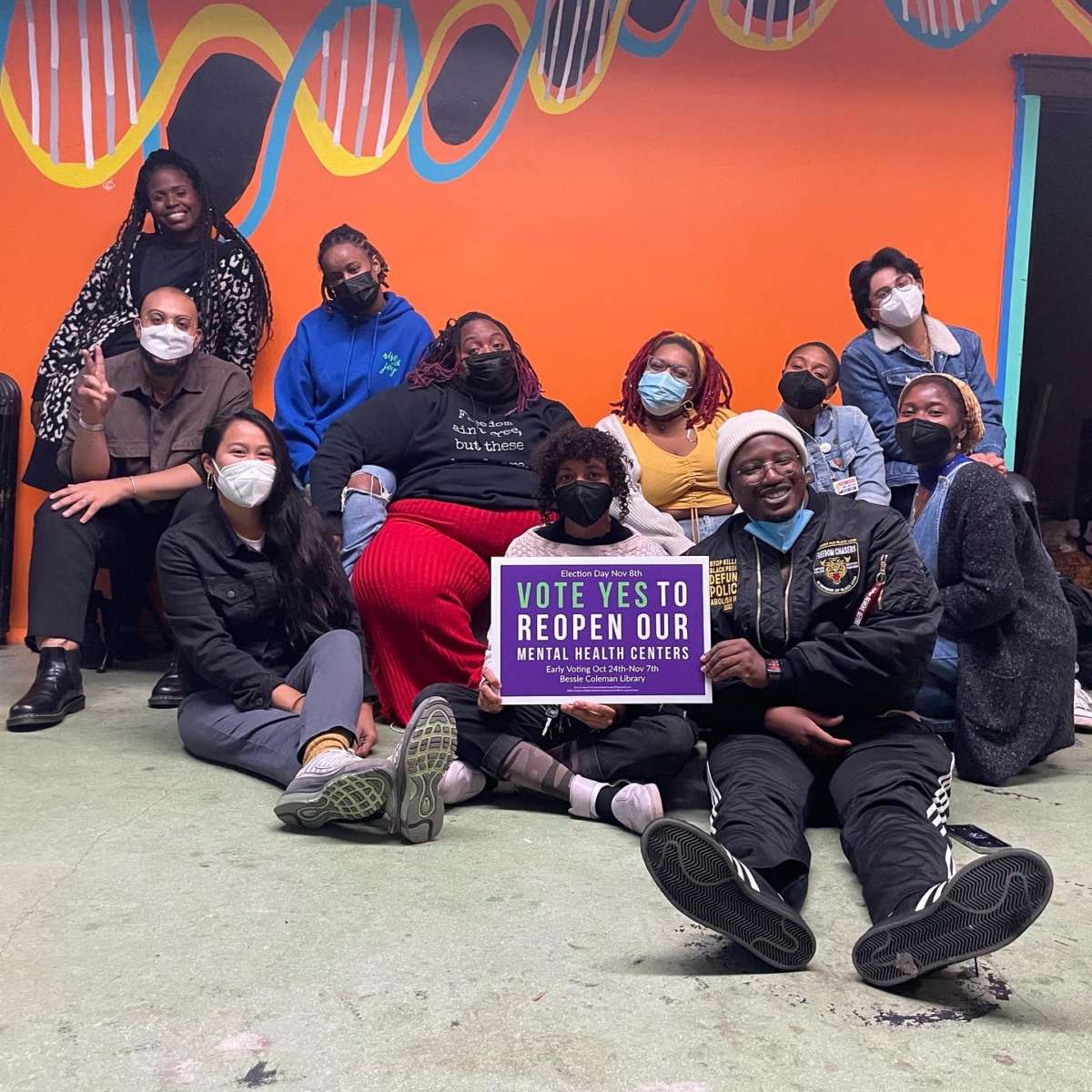

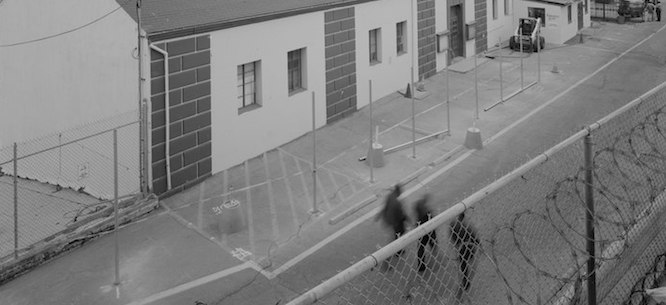



 keep us divided, the best we can hope for is crumbs from their table.
keep us divided, the best we can hope for is crumbs from their table.
